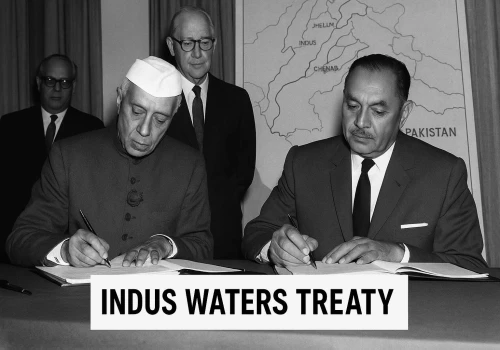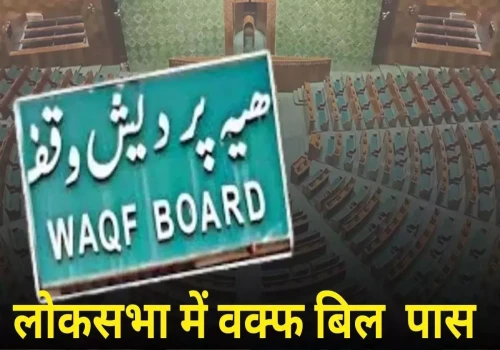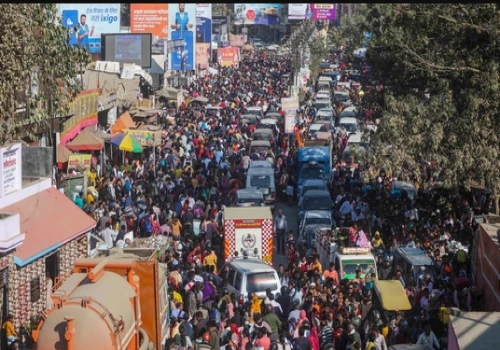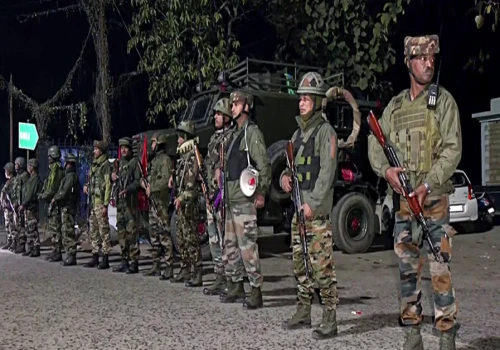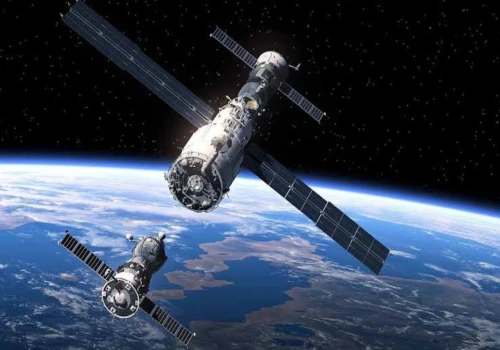_1000_x_700.webp)
Ahead of the Supreme Court hearing about Delhi Chief Minister Arvind Kejriwal's bail on money laundering charges linked to an excise policy scam, the Central Bureau of Investigation (CBI) took him into custody on June 25. Special Judge Amitabh Rawat at the Rouse Avenue Court allowed the CBI to arrest Kejriwal formally.
The CBI's arrest means Kejriwal is now in their custody pending further legal proceedings. It impacts his release because now he must await bail hearings and legal decisions related to the charges against him.
The CBI's investigation differs from the Enforcement Directorate's (ED) investigation in its focus. While the ED examines the money trail related to alleged financial misconduct, the CBI is looking into allegations of corruption and bribery involving public officials.
In March, the ED arrested Kejriwal solely on money laundering charges under the Prevention of Money Laundering Act (PMLA). This law criminalizes activities like concealing, acquiring, or using proceeds of crime. The CBI, however, had previously registered a corruption case in 2022 without naming Kejriwal as an accused until now.
Kejriwal's legal team argues he was questioned by the CBI as a witness, not a suspect, despite his recent arrest. This distinction is crucial in determining his role in the alleged scam.
In corruption cases, obtaining bail can be complex. While the PMLA imposes strict conditions, the PC Act, under which Kejriwal faces corruption charges, allows for bail under certain conditions and judicial discretion.
As Kejriwal's legal proceedings unfold, further clarity on his status and legal options will emerge, shaping the course of his case in both the CBI and ED investigations.

_500_x_350.webp)
 (1)_500_x_350.webp)
